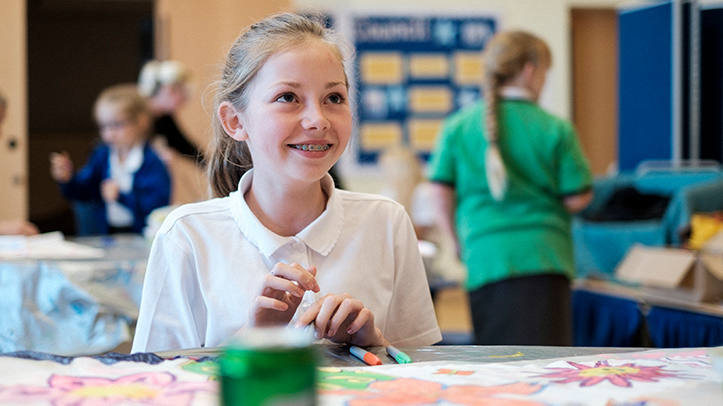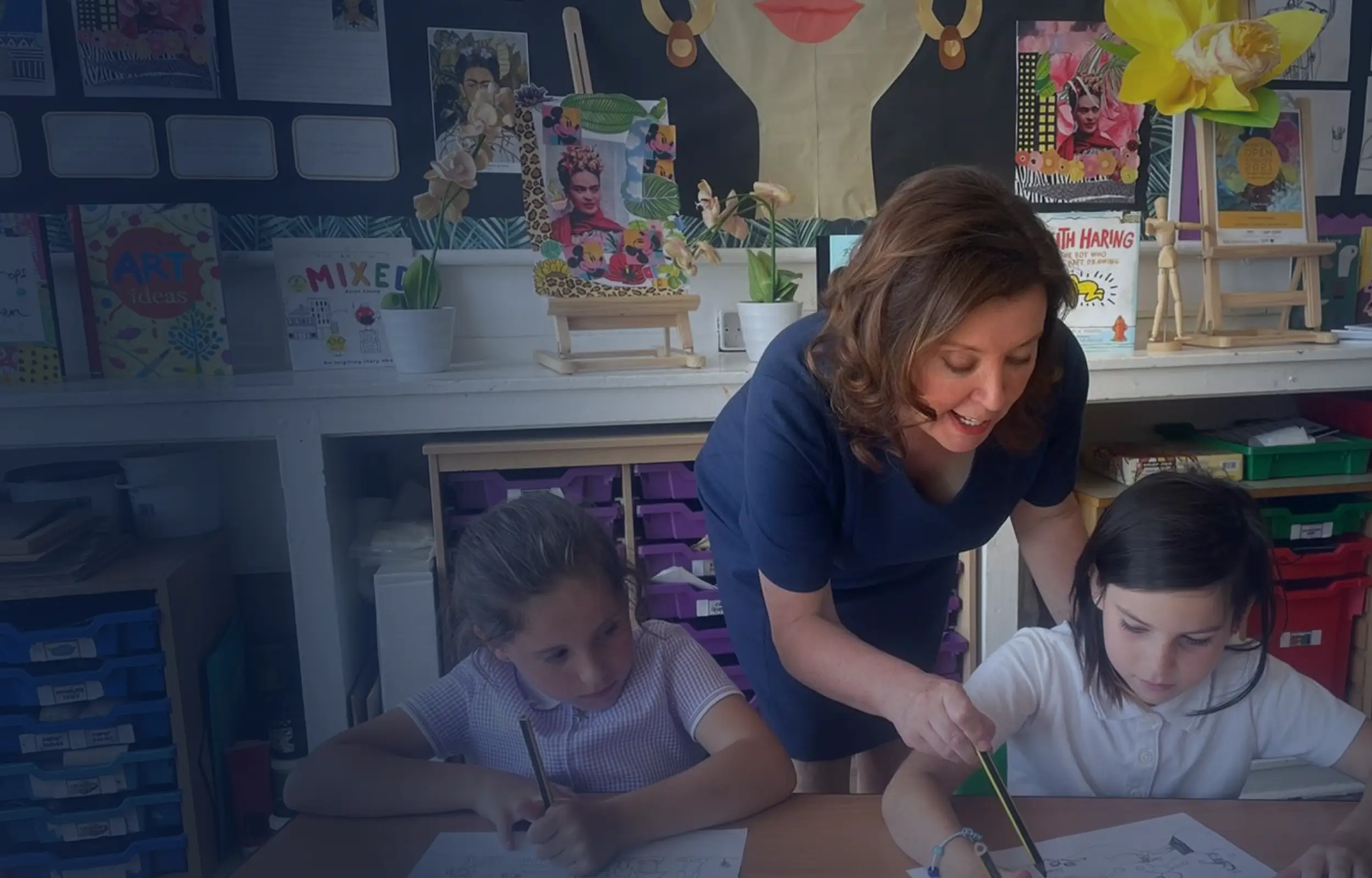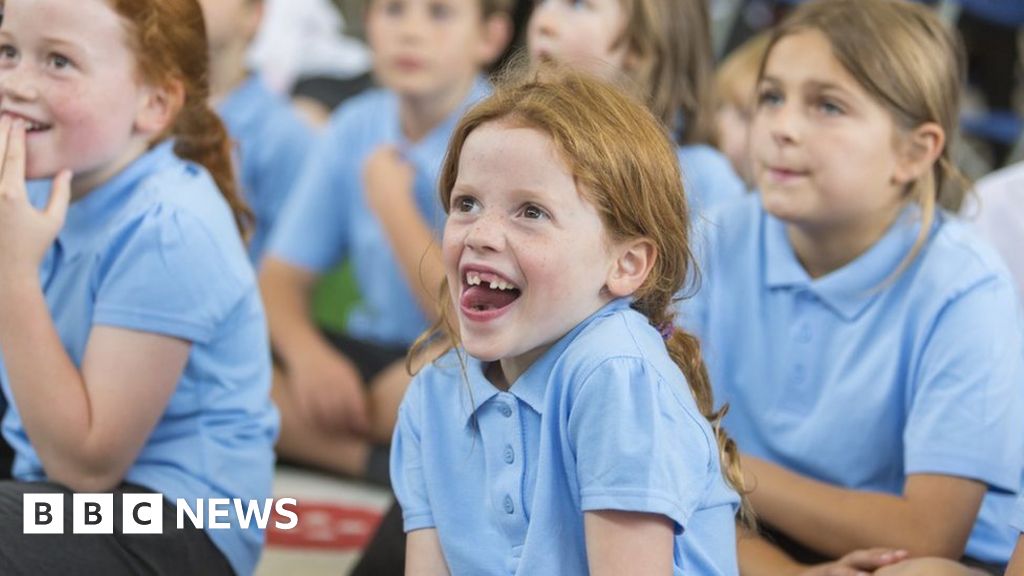The BMA are a Union that don't have the best interests of children at heart.
The Children's Commissioner takes a different view. I trust her over any Union.
What she actually said was that a plan should be put in place. As far as I can find, she has not said anything about the safety of staff (that's not her job), which is what the unions are concerned about. So, they're actually talking about slightly different issues.
Given the handling of the crisis by the government (especially the past week), there is little trust in large sections of the population. "Why should I trust the same government that oversaw the carnage in the care homes with the health of children under my care?"
Children's Commissioner said:
The Children’s Commissioner accepts that there is no 100% safe option in the absence of a Covid-19 vaccine. Maintaining social distancing among very young children is clearly not feasible or practical, but in other countries where nurseries or primary schools have already reopened, we know that risks have been managed by:
- Staggering drop-off and pick-up times
- Regular handwashing and hand sanitising and not allowing children to bring in toys from home
- Keeping children in small groups of 4-6 with one teacher per group, and not interacting with children in other groups.
- Doing sessions outside where possible
- Not allowing parents to enter the building and social distancing of parents at school gates
This seems like a reasonable plan, but it raises questions.
- Given that class sizes tend to be ~25-30 (and more), these will need to be split into 5/6 groups (or more). Where will one get that additional space from?
- Where will one get the additional teachers from to staff each group (again, there tend to be 1 or 2 teachers per class, a class which has now been split in 6)?
- Will staffing even be at 100%? A percentage of teachers (like any other workforce) will be off either because they have COVID-19 symptoms, someone in their family does, or they are shielding a vulnerable person in a family, or count as vulnerable themselves. That means, at the time when we need a sudden and significant increase in the number staff, there will be fewer staff available.
Those questions probably do have answers, but until they are actually answered setting dates for re-opening schools to more pupils seems very premature.
How would you propose preventing exposure to the virus? Keep everyone inside until a vaccine is widely available?
Most people on the forum aren't epidemiologists or other scientists who have intimate knowledge with how pandemics work. The idea that because
@Puffing Devil (or indeed anyone else) cannot come up with a plan means that your point is suddenly justified is not correct. The government has vast amounts of information and still managed to vomit out the current <expletive> show. So...what's the point of this comment?
Most teachers I know are keen to get schools running and get back to work.
The unions have not consulted at all as far as I am aware and if so their views are unlikely to be representative of their members.
Most teachers are currently working.
Practially every teacher does want to get children back to school, but most of the ones I know have taken the view that it is not safe nor appropriate to do that now.
Of course, we both know that knowing many teachers does not mean that we have anything like a representative sample.
Finally, NAHT (National Association of Headteachers) carried out a survey of their members. They got over 7000 responses. Here are some key points:
We asked respondents what they considered to be pre-requisites before schools could re-open. The top five answers were as follows:
- A reasonable notice period (96%)
- Clarity on the number or proportion of pupils allowed in school at any one time (94%)
- Improved guidance on social distancing in schools (87%)
- Clearer guidance on supporting staff and pupils who live in households with high-risk individuals (81%)
- A clearer explanation of the scientific evidence underpinning the Government’s decision (in relation to both pupils and staff) (79%).
We asked respondents what percentage of staff are currently available to attend school.
- 48% said that 71% or more of staff were currently available to attend school
- 74% said 51% or more of their staff were currently available to attend school
- 25% said that less than 50% of their staff were currently available to attend school.
We asked why some staff were currently unable to attend, four main reasons were cited:
- Staff are in the at-risk category or living with someone in the at-risk (93%)
- Staff are shielding or living with someone who is shielding (77%)
- Staff have caring responsibilities due to Coronavirus (37%)
- Staff have been displaying Coronavirus symptoms (33%)
What are the unions actually saying? There is quite a lot of duplication in Union guidance and opinion. I have found 2 main themes.
1: Unions have provided a planning checklist for guidence on opening schools for more pupils.
2: Their response to the government essentially said that they didn't believe that the government plans were feasible. They questioned the rationale behind the year groups, they explained that schools would not be able to achieve staffing levels required (1 per the smaller groups, a point I identified earlier in response to the Children's Commissioner). Specifically re.
@yorkie 's thing about a vaccine, NAHT said: "NAHT recognises that the response to covid-19 is highly likely to be a long-term one. We understand that any vaccine could take at least 18 months to develop and that there is no absolute guarantee one can be developed. We, therefore, recognise that some form of return to school for pupils and staff cannot realistically be put off indefinitely until a vaccine is discovered." Simply, they are not saying that children should not go back to school, they are saying that the current situation means that it is impossible to do so. Some of the assertions made on this thread about what the unions do/do not think are rubbish.
And the science?
Not enough to be conclusive (the science says that it doesn't yet know enough to know things). The 13th of May Royal College of Paediatrics and Child Health report is summaraised as this:
- Children may be less likely than adults to get infected with Covid-19
- The effect of Covid-19 is generally milder in children than in adults
- The role children play in spreading Covid-19 is not clear, but so far appears to be limited compared to adults
My emphases.
Sources:
Anne Longfield, Children’s Commissioner for England, is today (Saturday) intervening in the debate over whether some children should return to school on

www.childrenscommissioner.gov.uk
The thorny issue of whether children should go back to school

www.childrenscommissioner.gov.uk

ascl.org.uk
NASUWT advice to schools on novel coronavirus, COVID-19, corona virus

www.nasuwt.org.uk
NASUWT advice to schools on novel coronavirus, COVID-19, corona virus

www.nasuwt.org.uk
We outline our own five tests we think the Government must meet before moving to the further opening of schools.

neu.org.uk



